TORONTO – After days of searching for six missing dogs in Langley, B.C., the pets were found in the back of a dog walker’s vehicle—all dead from heat stroke—and now the subject of an investigation by the SPCA.

Criminal charges are a possibility for young dog walker Emma Paulsen, and the tragedy has many pet owners thinking about the safety of their own four-legged family members.
Alesha MacLellan, co-owner of Petsearchers Canada, said her company does “a lot” of searches for dog walkers and pet sitters.
Petsearchers is a Vancouver area-based company that offers pet search, rescue and recovery services. Petsearchers spokesperson Al MacLellan said Paulsen admitted to him she left the dogs in the back of the truck (after initially reporting the dogs were stolen from the back of her truck).
“It is one of those things where some cities do require licensing, but it’s something we find a lot of time owners don’t do their homework about either,” said MacLellan. “They just sort of assume, ‘Oh it’s a dog walker, they’re going to pick it up, take it for a walk,’ and they don’t really understand all the risks that can be involved that—unfortunately—this tragedy really illustrated.”
MacLellan said in terms of insurance and responsibility, her group would be “more than happy to see some sort of licensing body for the dog walking community,” though she emphasized in most of the searches she does for dog walkers, it’s not due to negligence.

Get daily National news
“The responsible dog walkers are ones that tend to react fast and ask for help to make sure all bases are covered,” she said.
Barry Rueger is the owner of Four Legs Good! Canine Services, and also serves as a spokesperson for the North Shore Professional Dog Walking Alliance (NSPDA).
Rueger said there is licensing and regulation for professional dog walkers in both the North and West Vancouver districts, but not all dog owners choose the licensed companies.
“Any licensed company here is paying the district between $750 and $1,000 a year to be licensed to do dog walking, and that tends to raise the bar; it makes the companies a lot more professional,” said Rueger.
“Our organization is about getting the word out there; that if you’re hiring someone to walk your dog, you should be looking for a licensed company, an insured company, a professional company. The problem is we’re competing with unlicensed operators that don’t have those expenses and play fast and loose with the regulations.”
Similar to other Canadian cities with licensing standards like Toronto, you can have a maximum of six dogs as a pro dog walker in the North Shore area.
North Shore Dog Walkers Ltd. said their walkers must also have a vest, use specific trails and keep at least 200 feet distance from other walkers. They also developed a specific training system for their employees that must be completed before the walker can work alone.
Some other tips Rueger’s company suggests to owners selecting dog walkers include:
- Ask where they walk
- Find out what training the dog walker has (first aid, dog handling, obedience training)
- Ask them to describe the group your dog will walk with
- Find out if the group will be stable (do they take into account the personalities, ages, abilities of each dog when placing them in a group)
- What kind of vehicle will your dog travel in
- What happens in an emergency
“It’s tough because it’s one of those businesses you see ads all the time: ‘I’m 20, I’ve lost my job and I’d like to walk some dogs to earn some extra money.’ And people are entrusting their family members with these guys,” said MacLellan.
While it’s true that accidents happen and any caretaker can make an honest mistake, Rueger believes licensed walkers are less prone to such accidents.
“The licensed operators—because they have so much money invested—they are full-time occupations,” he said. “They’re doing two hikes a day, an hour and a half at a time, five days a week, 52 weeks of the year. So they take it very seriously.”

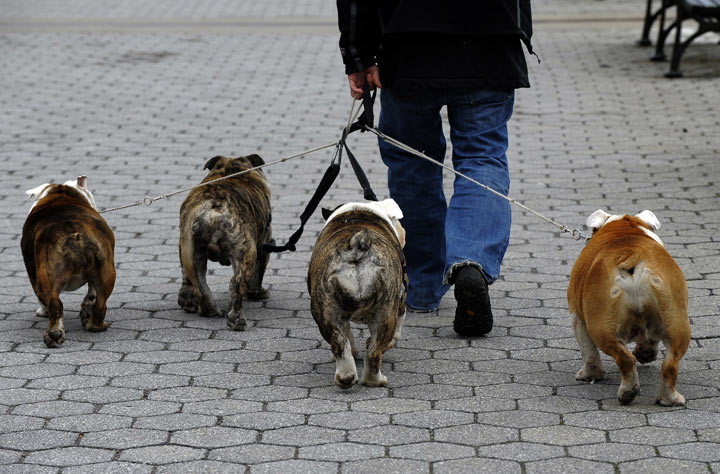

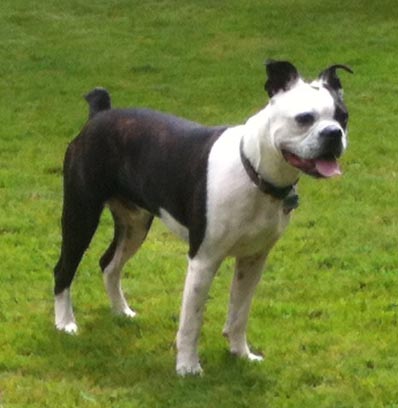

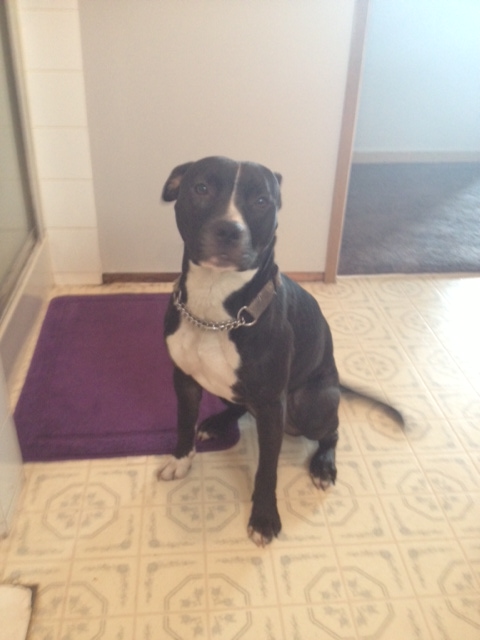

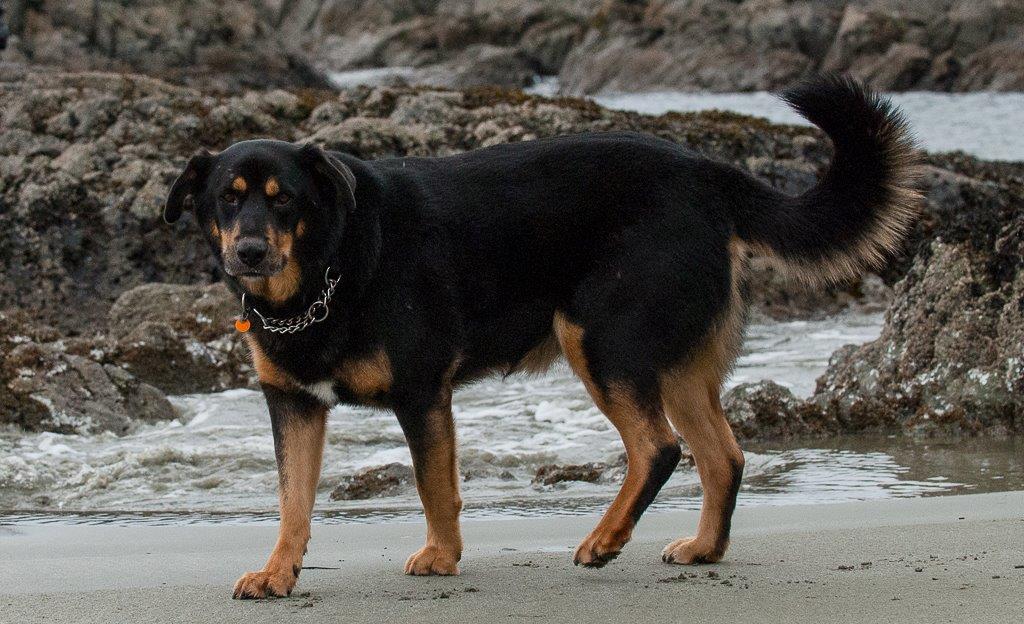

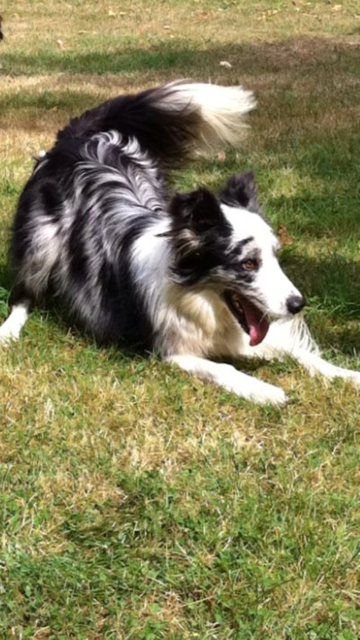

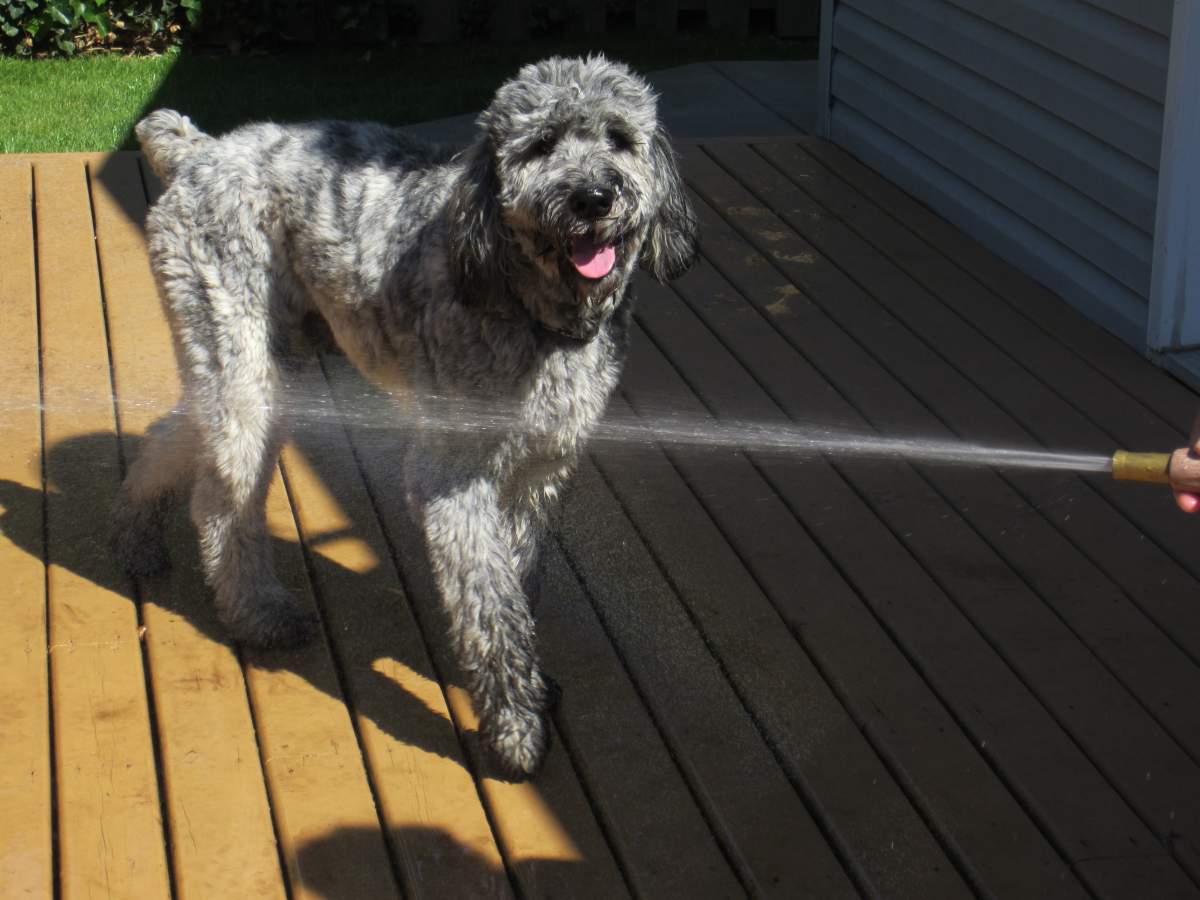
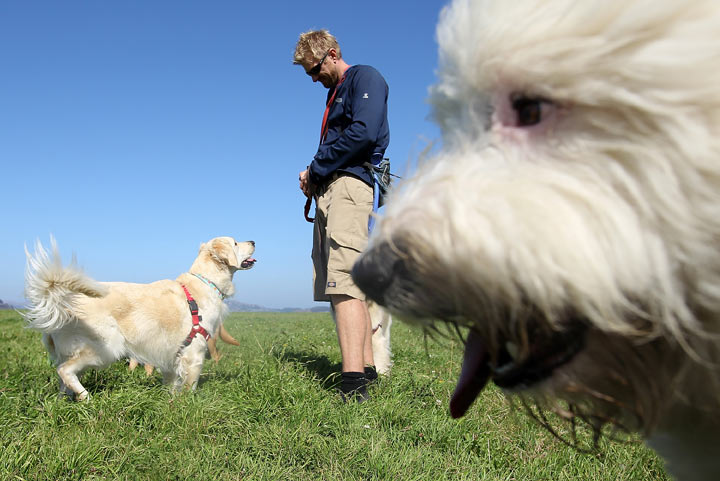
Comments